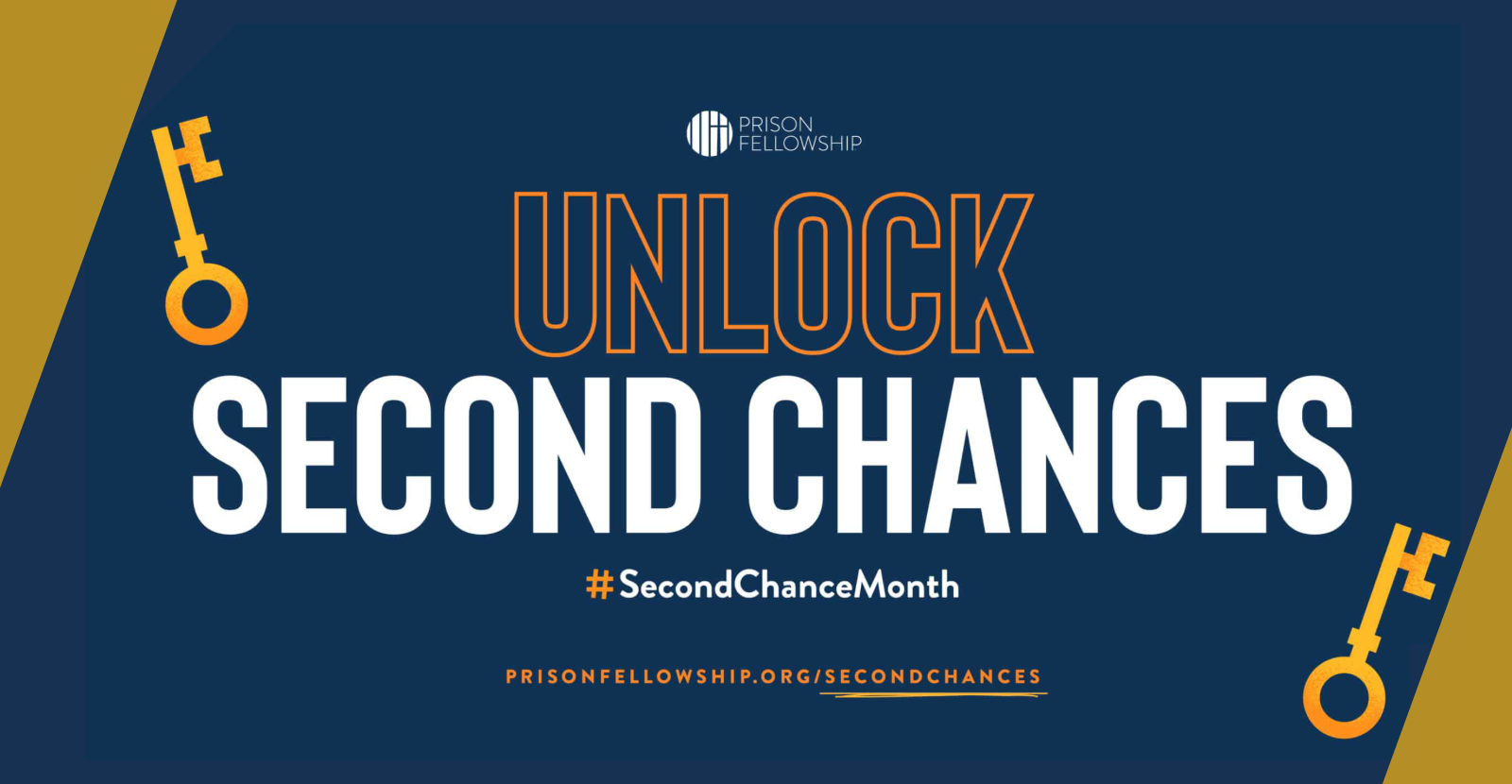News and Publications
WASHINGTON, D.C.—The Council for Christian Colleges & Universities is proud to partner with Prison Fellowship for the seventh consecutive year to celebrate and honor Second Chance Month in April. This movement raises awareness, breaks down barriers and provides second chances for the one in three Americans who have a criminal record. The CCCU proudly recognizes 17 of our member institutions who engage in this redemptive work through the power of prison education programs.
“Incarcerated individuals who choose to engage in higher education realize the gift and potential that faith-based education provides,” said Shirley Hoogstra, president of the CCCU. “They find themselves in a context where hopelessness, monotony and violence can be daily experiences. Contrast that with an opportunity to open books and learn in a guided fashion from people who care about them as human beings, recognizing their potential to be more than they might have even imagined for themselves.”
Prison ministry fulfills Christ’s call to visit the imprisoned from Matthew 25:36. Christian colleges and universities serve the incarcerated in creative and diverse ways, whether in Lipscomb University’s first seminary at a women’s prison or Moody Bible Institute’s devotional, Today in the Word, which published 115,000 copies of a gospel devotional for distribution by Prison Fellowship. No two institutions serve the same way, but all serve the same God, working tirelessly to be the hands and feet of Jesus in correctional facilities throughout the nation.
“[Calvin Prison Initiative] classrooms are what we professors dreamed of when we were laboring through our PhDs and thinking about the future: a learning community alert to current ideas, and with a foundation in the Scriptures that gave us telos, a future and a hope,” said Mark Fackler, professor of communication arts and sciences, emeritus, at Calvin University.
From Texas to Tennessee, Oklahoma to Illinois, and Michigan to Missouri, these Christ-centered programs bring flourishing to America’s prisons. Even across the border in Canada, CCCU members such as Prairie College from Alberta, Canada, are bringing Christ-centered education to prison cells. Please read about the updates on these institutions’ programs here.
Statistics from Prison Fellowship show a dire need for these ministries. More than 1.8 million Americans are currently incarcerated. Each year, 600,000 Americans are released from prison, but two-thirds of them will be rearrested within three years. The annual financial cost of this system is over $80 billion, and the cycle of crime and incarceration takes a similarly heavy toll on individuals, families, and communities.
“I used to be considered the black sheep of my family. Now I am looked at as the shepherd,” said one student from Trinity International University’s prison education program.
In honor of Second Chance Month, Prison Fellowship has launched a #SecondChanceStories campaign on X to spread the word about the importance of second chances. To get involved, tag @prisonfellowship and @JusticeReform and use the hashtags #UnlockSecondChances and #SecondChanceMonth.
All media inquiries should be directed to Dr. Amanda Staggenborg, Chief Communications Officer, at astaggenborg@cccu.org.
About the CCCU
The Council for Christian Colleges & Universities is a higher education association of more than 185 Christian institutions around the world. Since 1976, the CCCU has served as the leading national voice of Christian higher education. With campuses across the globe, including more than 150 in the U.S. and Canada and more than 30 from an additional 16 countries, CCCU institutions are accredited, comprehensive colleges and universities whose missions are Christ-centered and rooted in the historic Christian faith. Most also have curricula rooted in the arts and sciences. The CCCU’s mission is to advance the cause of Christ-centered higher education and to help our institutions transform lives by faithfully relating scholarship and service to biblical truth.
###

